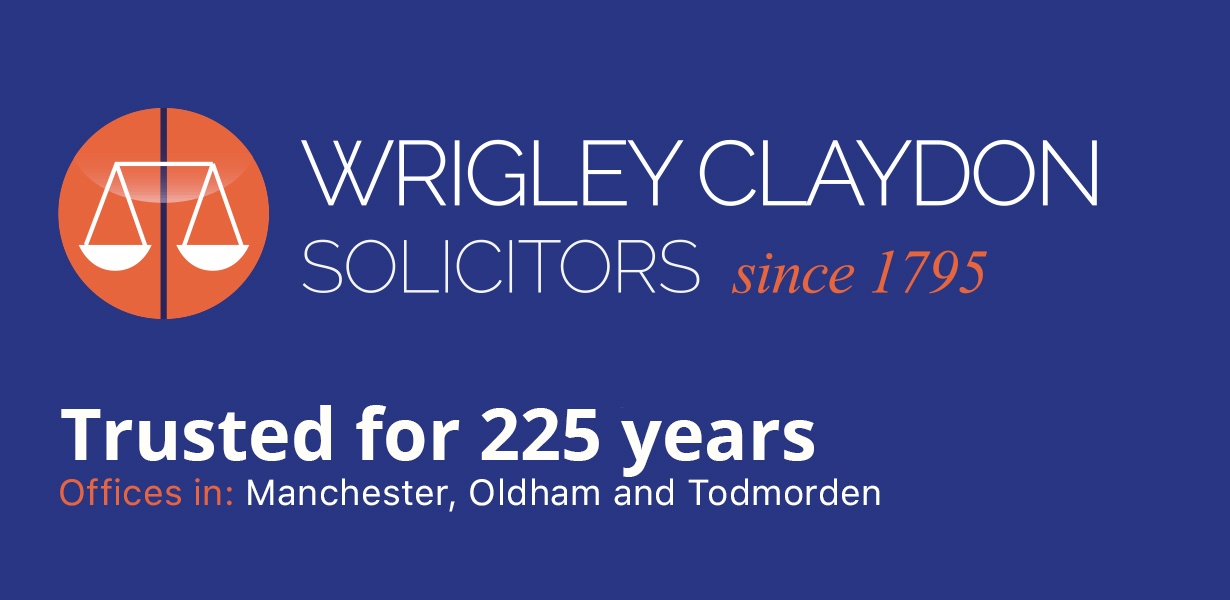We trust our doctors and dentists to keep us safe and well – however, mistakes happen, which can sometimes lead to painful consequences. Trusting someone with your health or dental care, only to suffer personal injury through misdiagnosis or inadequate work, can cause both physical and emotional distress. You may also have to take time off work or pay for expensive corrective procedures, which can cause additional financial problems. Making a clinical negligence claim to get the compensation you deserve may seem daunting, but could help you get back on your feet, and should always be considered in order to prevent further problems in the future.
Clinical or dental negligence claims can be separated into two categories – active and passive negligence. Active negligence refers to an action made which was inadequate or poorly executed. Examples include:
- Damage caused during teeth extraction
- Problems created during surgery
- Or procedures carried out which are not suitable for the patient, for example if the patient has a problematic pre-existing condition
Passive negligence, on the other hand, is used to describe personal injury caused by a lack of action, for example:
- A doctor or dentist failing to inform the patient of all the options available
- A doctor or dentist failing to carry out an assessment to ensure a procedure is suitable for a patient
- Failure to provide necessary care after a procedure
- Or a failure to notice a problem which could have been lessened if caught sooner
So, what’s the best route to take if you’re thinking of making a clinical or dental negligence claim? The first step is always to contact a solicitor with experience in clinical and dental personal injury cases. Due to the complexity of these cases, it’s important to ensure you find a solicitor who can tackle your claim with confidence.






